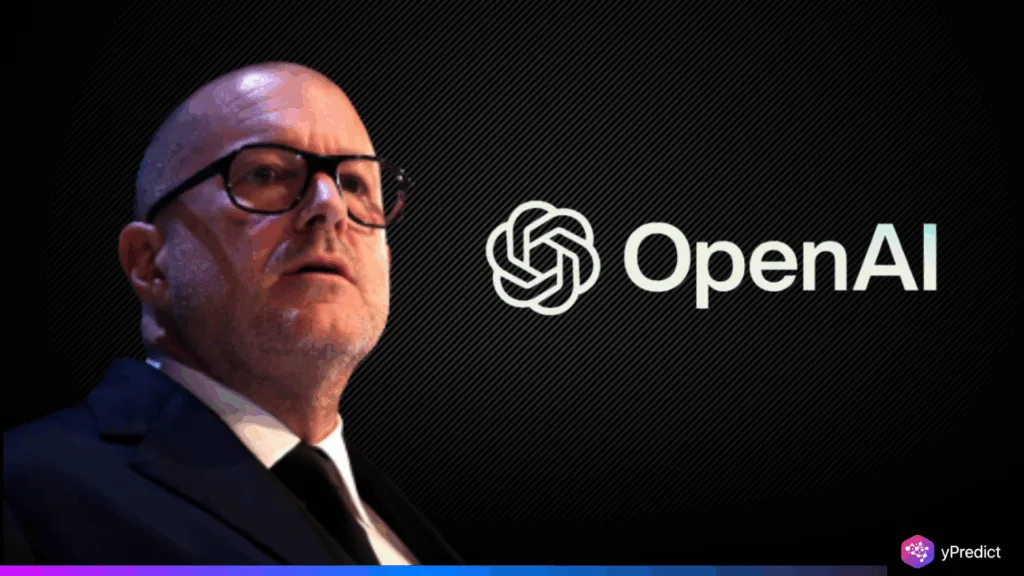
OpenAI’s much-anticipated hardware project, developed in collaboration with former Apple designer Jony Ive and the IO Hardware team, will not be a wearable device, according to recent court filings. The project, which has attracted wide industry interest due to the high-profile individuals involved, was initially speculated to be an in-ear or wearable product. However, new details from a lawsuit reveal that the team has decided against that direction. The IO team, backed by OpenAI CEO Sam Altman, is still exploring product options but is steering clear of wearables, including in-ear AI solutions. Despite multiple prototype evaluations, the team has not finalized a design and admits the device is still at least a year away from shipping.
No Wearables in Sight for IO Hardware
Court filings related to a trademark dispute have confirmed that the OpenAI Device, under development with Jony Ive and IO Hardware, is not wearable. The filings reveal internal discussions where IO executives ruled out in-ear and wearable formats. Tang Tan, IO’s Chief Hardware Officer and a former Apple design executive, stated that the product remains in development and won’t be ready for at least a year. The IO Hardware team reportedly considered several options during the early phases, including mobile-based, desktop-based, wired, wireless, and portable formats.
The team even acquired earbuds from around 30 different companies as part of its research. However, they eventually scrapped the wearable concept entirely. This confirms that the final OpenAI Device won’t be in the same product category as the AI-powered earbuds or wearables currently circulating in the market.
Altman Declines Iyo Investment Over Competitive Plans
The legal documents have unearthed an email where OpenAI CEO Sam Altman declined a personal investment opportunity with a Google-backed startup called Iyo, which builds AI-powered audio wearables. The reason? Altman said he was working on “something competitive.” This revelation is part of the ongoing legal battle between IO and Iyo, where Iyo accuses IO of trademark infringement.
As evidence, Iyo submitted an email exchange showing Altman’s interest in testing their product before ultimately rejecting any collaboration. Altman’s decision to walk away now seems connected to IO’s larger vision with Jony Ive, although their product’s final form will not directly mirror IO’s audio wearable.
IO Acquired Earbuds but Dropped Wearable Direction
To better understand the market and technical landscape, IO Hardware purchased earbuds from over 30 companies as part of its internal research. These included various wearable formats to test feasibility and performance. However, IO concluded that a wearable device would not serve their long-term goals and abandoned that route. The OpenAI Device team’s choice to drop wearable formats shows a strategic shift in how they want users to interact with AI.
According to the filings, they are now evaluating other form factors that can embed AI seamlessly without being worn, possibly pointing toward ambient or desktop devices. While many speculated a next-gen AI wearable from the Jony Ive-led IO Hardware team, the internal research and legal filings reveal a different roadmap.
Trademark Lawsuit Adds Pressure to IO’s Launch Timeline
The ongoing legal dispute between IO and Iyo has added further pressure to the IO Hardware project. Iyo claims a trademark conflict due to the similarity in brand names and has submitted emails involving top OpenAI and IO executives to support its case. Although IO argues that their branding predates any market activity by Iyo, the legal fight could still influence the project’s rollout schedule.
With the OpenAI Device still a year from shipping, the timing of court outcomes could impact branding and market entry. Nonetheless, IO remains focused on building a differentiated AI product under the creative direction of Jony Ive and the leadership of Tang Tan. Their non-wearable approach may allow them to avoid direct comparisons with existing audio AI devices.





